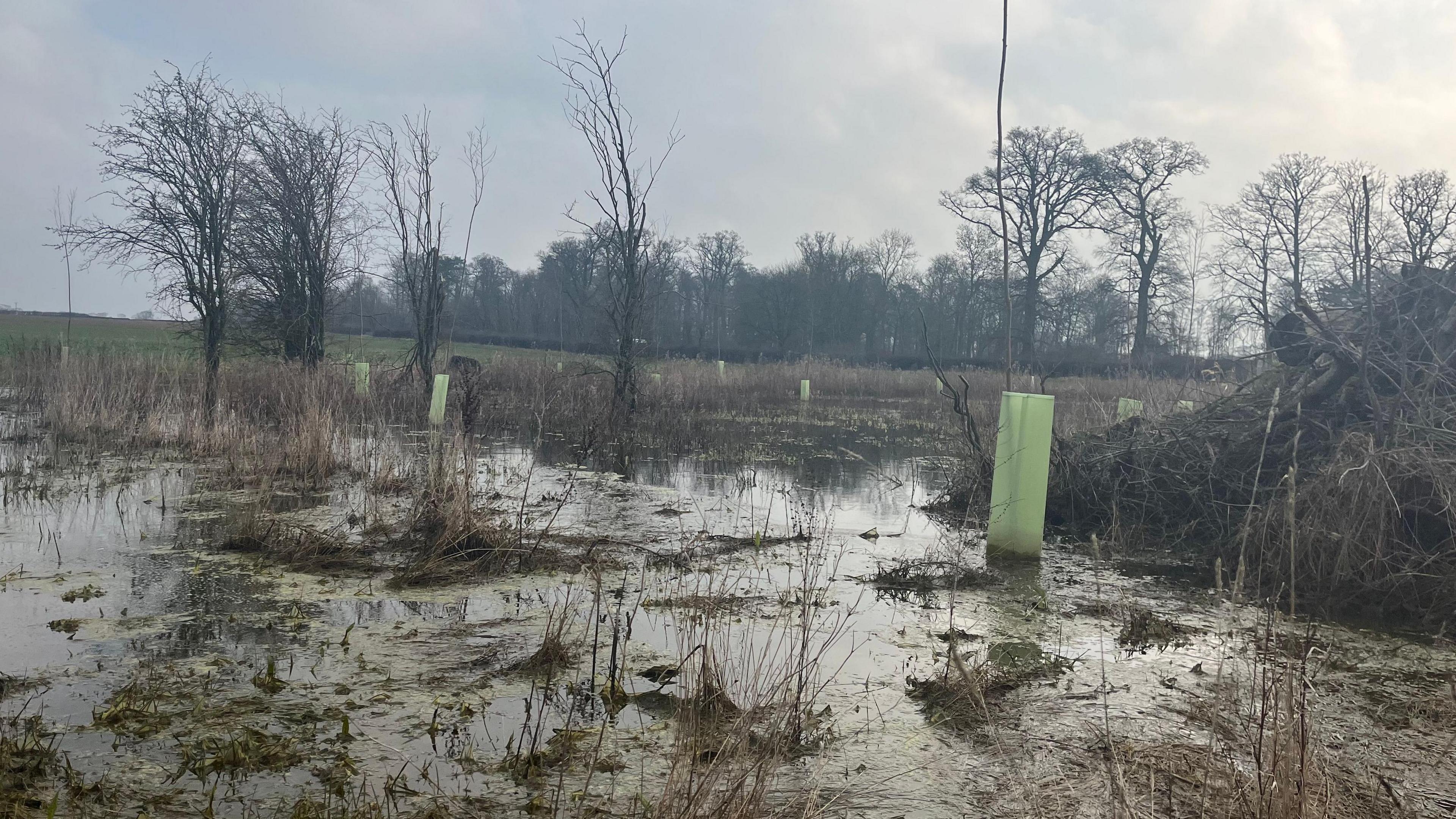Industry must adapt to climate change, says farmer
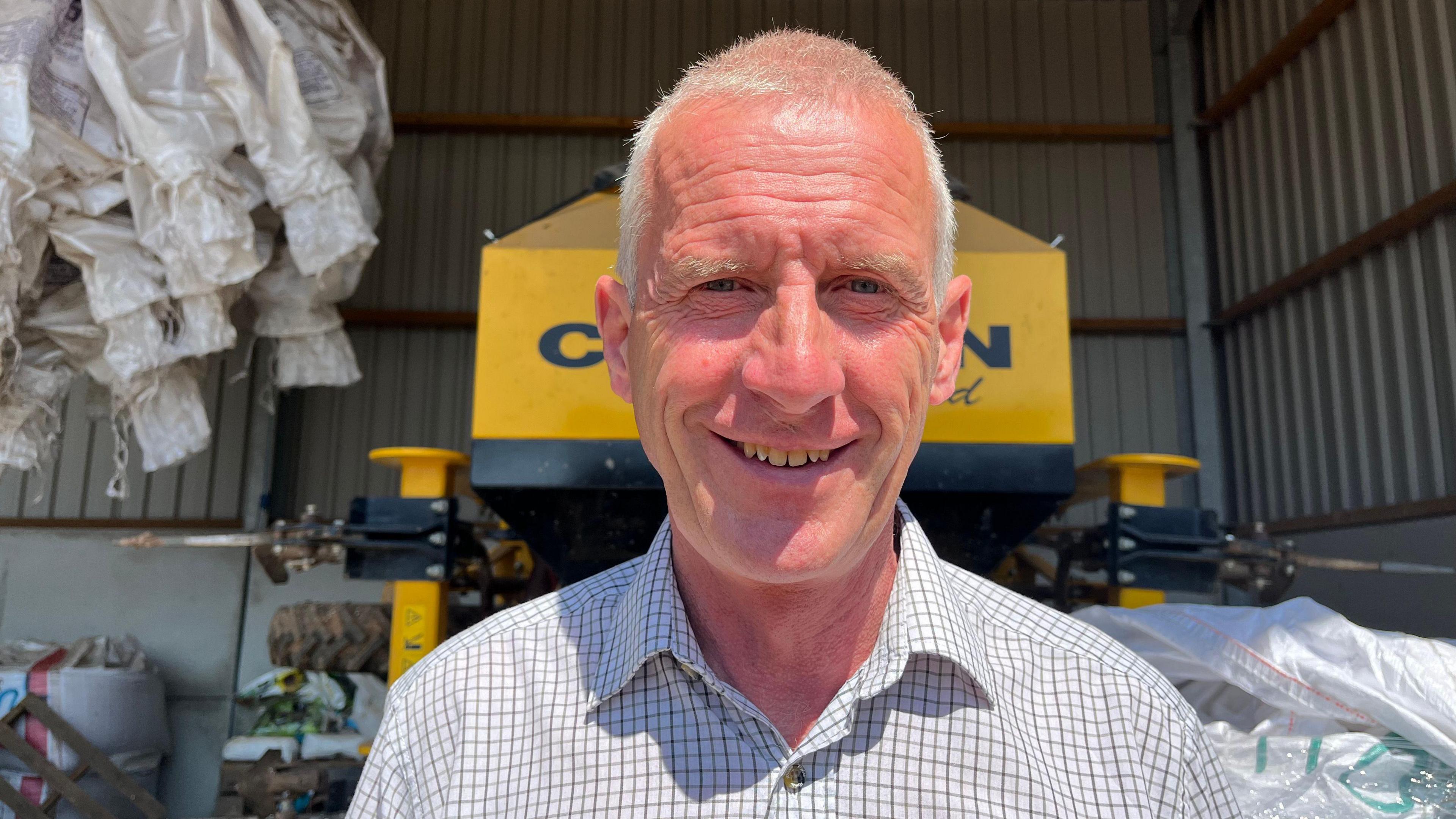
Adrian Joynt has been at Apley Estate near Bridgnorth for about 14 years
- Published
A farmer from Shropshire has said the industry must adapt to changing weather patterns, following significant rainfall this year which has led to crop failure for some.
Despite sunshine making an appearance in recent days, overall the last few months have been particularly wet.
Adrian Joynt, farm manager at the Apley Estate near Bridgnorth, said prolonged spells of mild and wet weather could cause severe financial hardship for some farmers.
“The weather, for the last 12 months really, has been quite challenging,” he said.
“We are used to dealing with it, but I think this year has been exceptionally bad.”
He added: “We’ve had fields that have been waterlogged that we’ve had to replant - so obviously that’s more work and more cost.”
Mr Joynt estimated a farmer might lose about £100 per acre for each half a tonne of wheat that could be produced on that land.
“Thankfully we’re on a large enough scale here that we can take a bit of a hit, but if we were on a smaller scale it’s very concerning.”
He said milder winters had also led to more pests surviving which might not otherwise make it through the colder months.
On top of this, less sunshine meant crops have struggled to grow as they ought to.
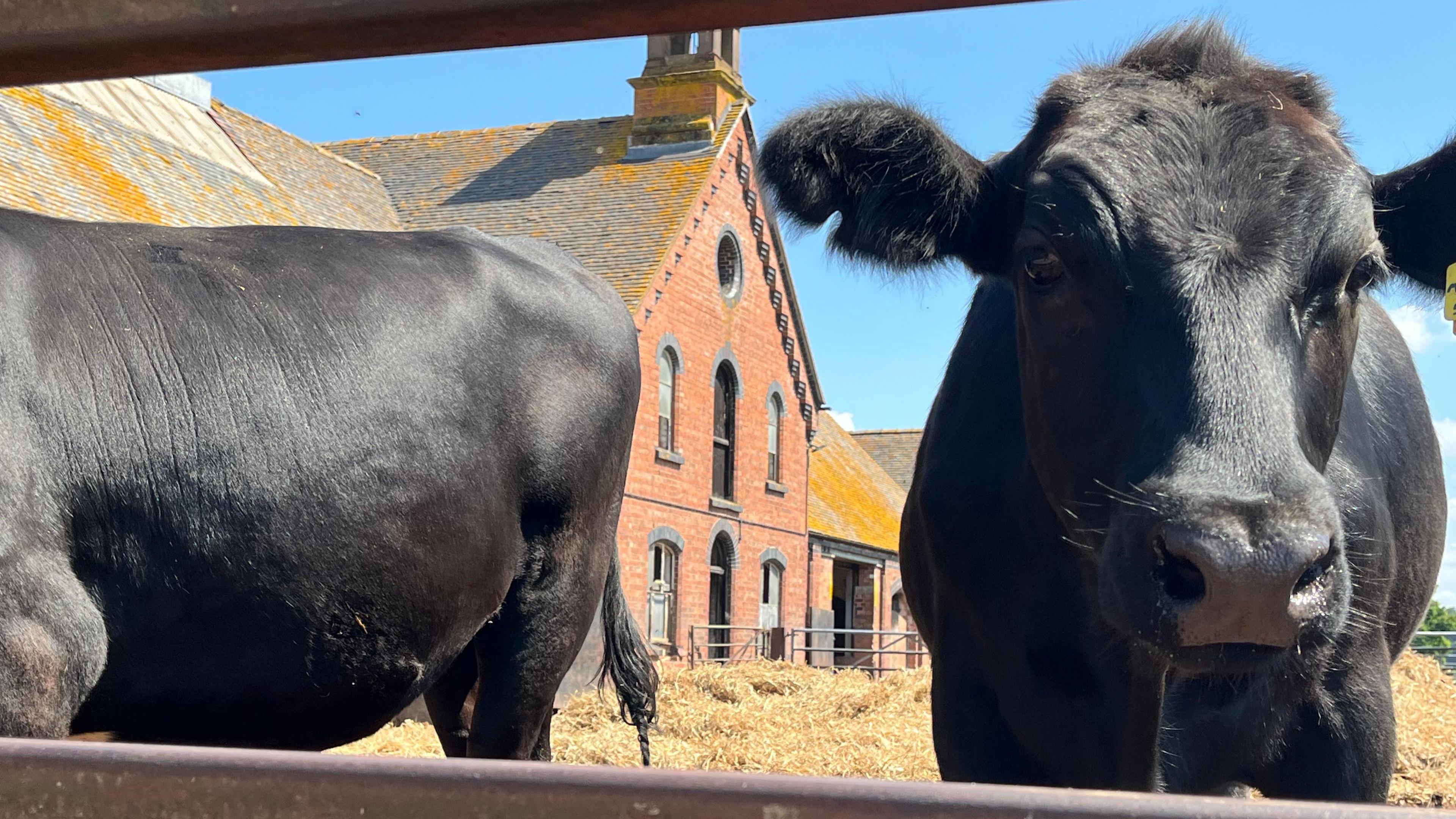
Crop failure is as much an issue for producing animal feed as it is for producing food for people
“I don’t want to be a doom monger because I think there’s positives to everything, but it could be the difference between profit and loss for some farms,” he said.
“With the weather we’ve had there will be a knock-on effect on yields this year.”
He said farmers in the west of Britain were more used to wetter weather conditions than those to the east, but even so it was something they would have to learn to become better at managing.
This might include things like building more shelter for animals or improving drainage systems in fields, all of which come with cost implications.
“You grow it to produce a good quality crop, and sometimes the weather doesn’t help you,” Mr Joynt said.
Follow BBC Shropshire on Facebook, external, X, external and Instagram, external. Send your story ideas to: newsonline.westmidlands@bbc.co.uk, external
Related topics
- Published18 June 2024
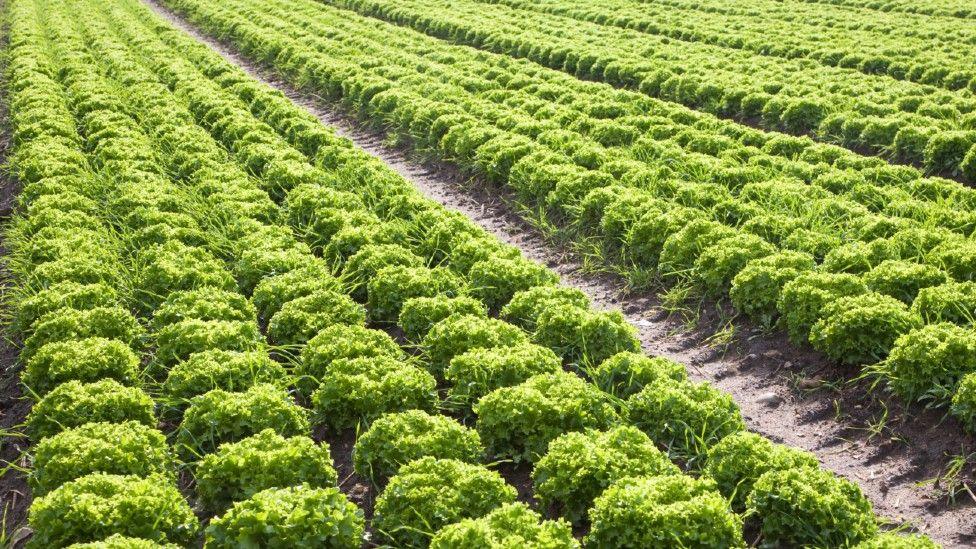
- Attribution
- Published24 April 2024
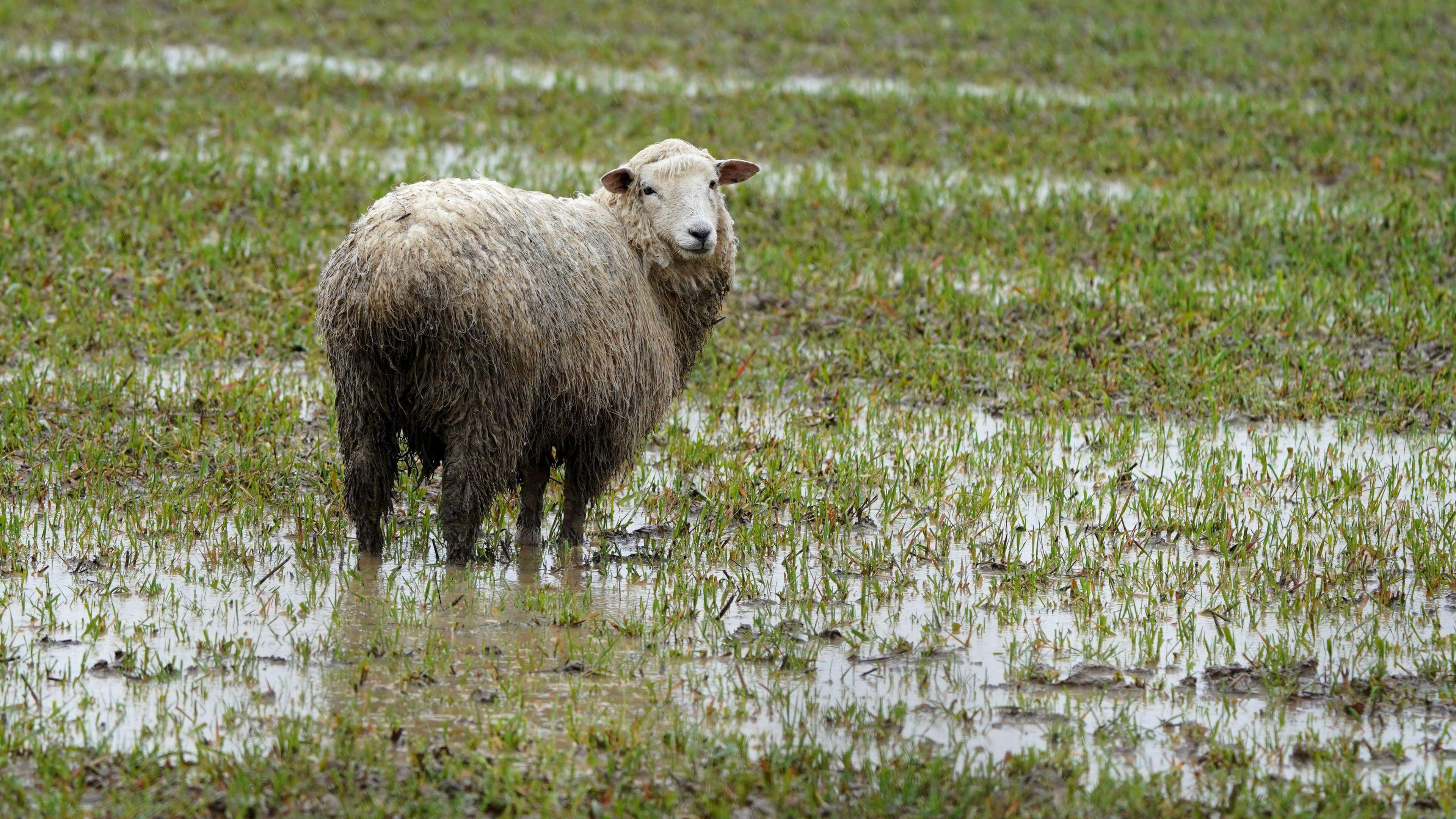
- Published16 April 2024
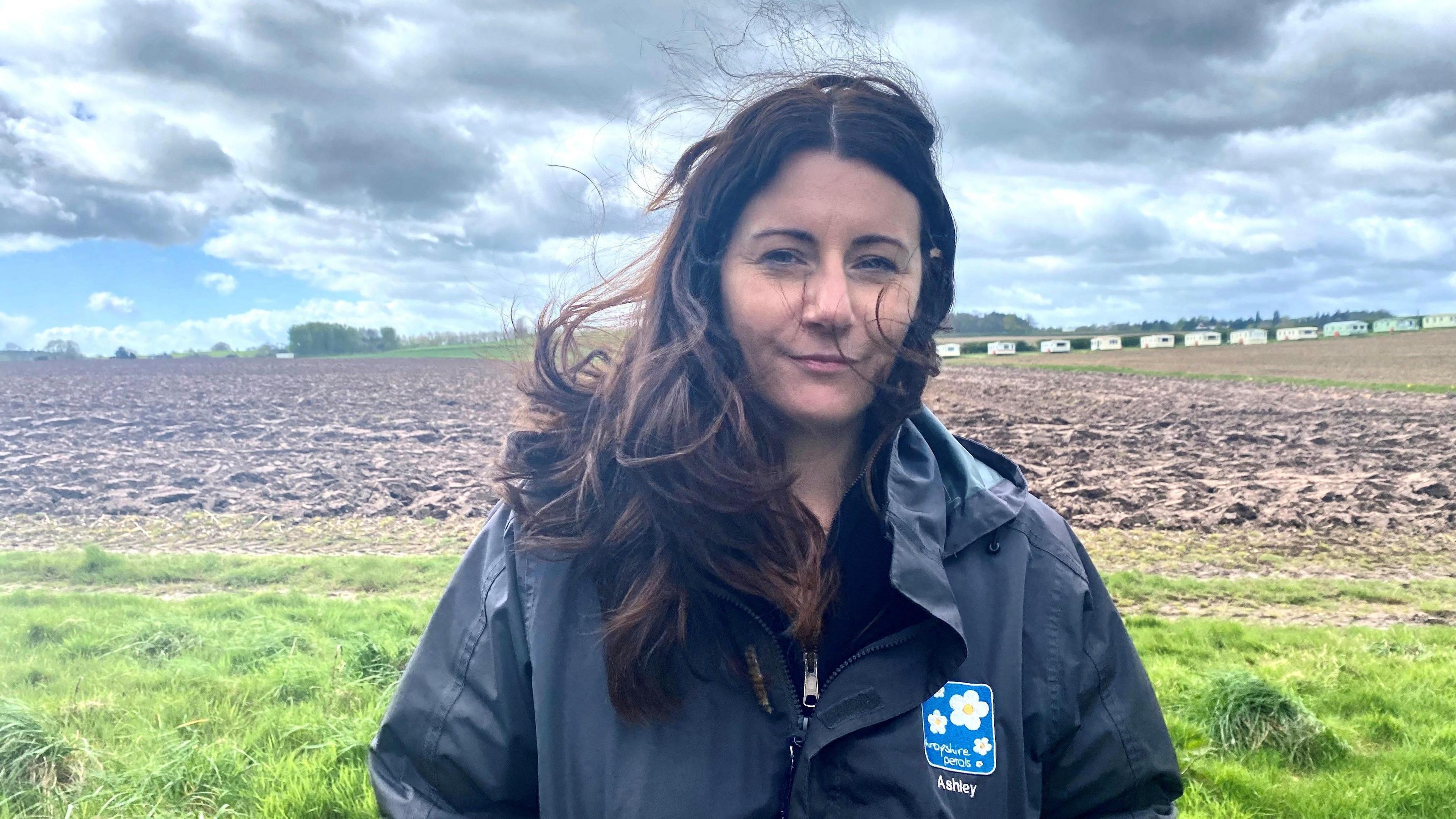
- Published11 March 2024
